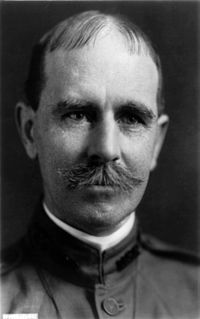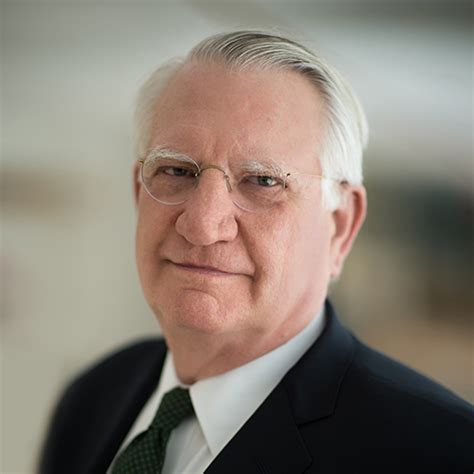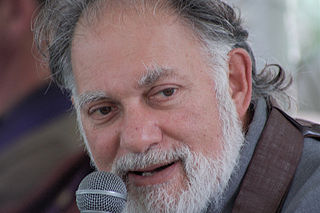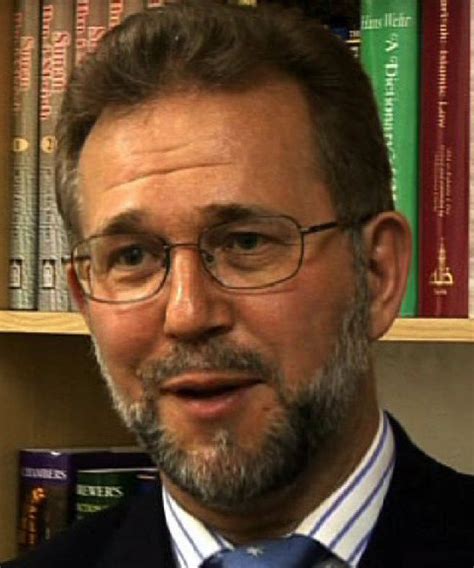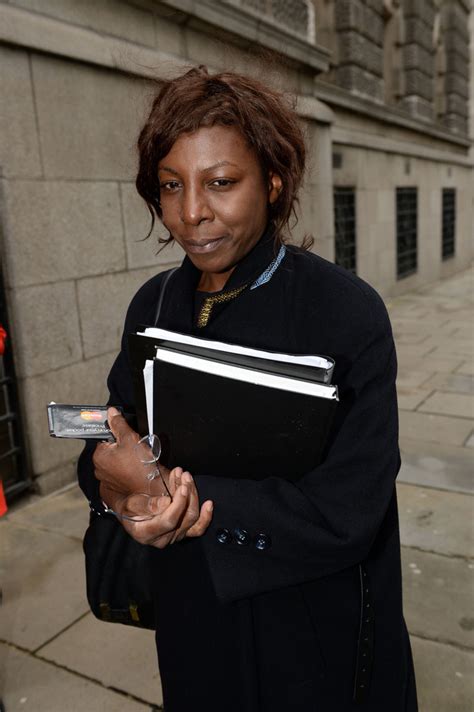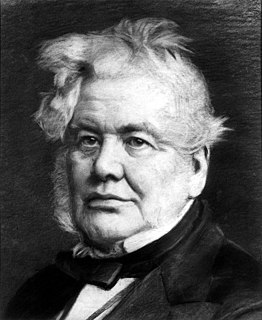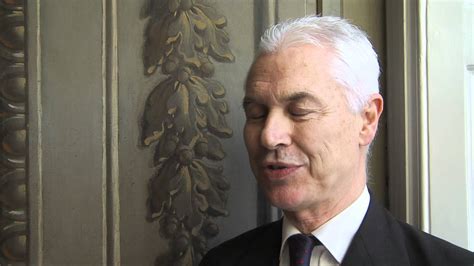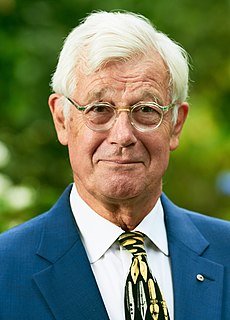A Quote by Lloyd Kenyon, 1st Baron Kenyon
I have heard that it was the perfection of the administration of criminal justice to take care that the punishment should come to few and the example to many.
Quote Topics
Related Quotes
He’s bound to have done something,” Nobby repeated. In this he was echoing the Patrician’s view of crime and punishment. If there was a crime, there should be punishment. If the specific criminal should be involved in the punishment process then this was a happy accident, but if not then any criminal would do, and since everyone was undoubtedly guilty of something, the net result was that, in general terms, justice was done.
... The popular attitude toward the administration of justice should be one of respect and confidence. Bureaucratic, purely official justice, can never receive such confidence. The one way to secure it is to give the citizen-body itself a share in the administration of justice. And that is what jury-trial does.
We think of justice sometimes as getting what you deserve, you know? - ?what crime was committed and what is the punishment for that crime. That's how a lot of the criminal justice works. But God's justice is restorative, so it's not as interested in those same questions of "What did they do wrong?" and "What is the punishment for that?" It's more about what harm was done and how do we heal that harm, and that's a much more redemptive version. So, it definitely doesn't turn a blind eye to harm, but it does say we want to heal the wounds of that.
I was taught that justice is a right that every American should have. Also justice should be the goal of every American. I think that's what makes this country. To me, justice means the innocent should be found innocent. It means that those who do wrong should get their due punishment. Ultimately, it means fair treatment. So a call for justice shouldn't offend or disrespect anybody. A call for justice shouldn't warrant an apology.
What really drives the battle against law enforcement and punishment is not a commitment to treatment, but the widely held view that, first, we are imprisoning too many people for merely possessing illegal drugs; second, drug and other criminal sentences are too long and harsh, and third, the criminal justice system is unjustly punishing young black men. These are among the great urban myths of our time.
When you care about perfection, you care about an expectation. But there is also caring for where I am right now, for what's happening right now. When I spend time with students, they tell me that they've read something in a book or heard something from a teacher that they don't think they're living up to. And I tell them, “Take care of yourself right now. Befriend what's happening, not just who you're supposed to be or what the world should be like. This is where you are now. So how do you care for yourself this minute?
Instead of focusing on what the law says about trans people, which is really what the law is saying about itself as a protector of trans people, we should be focused on what systems of law and administration do to trans people and our interventions should aim to dismantle harmful, violent systems such as criminal punishment and immigration enforcement.
The criminal justice system - although this applies less to the U.S., where rehabilitation is not seen as a valuable contribution to criminal justice - in Europe where rehab is supposed to be integral, we have no way of rehabilitating skilled hackers. On the contrary what we do is we demonize them and continue to do so after they come out of jail because we restrict their access to computers by law. Crazy world, crazy people.
Our form of government does not enter into rivalry with the institutions of others. Our government does not copy our neighbors', but is an example to them. It is true that we are called a democracy, for the administration is in the hands of the many and not of the few. But while there exists equal justice to all and alike in their private disputes, the claim of excellence is also recognized; and when a citizen is in any way distinguished, he is preferred to the public service, not as a matter of privilege, but as the reward of merit


